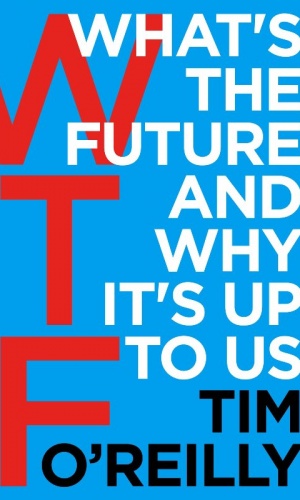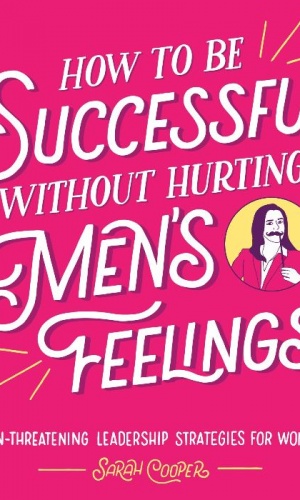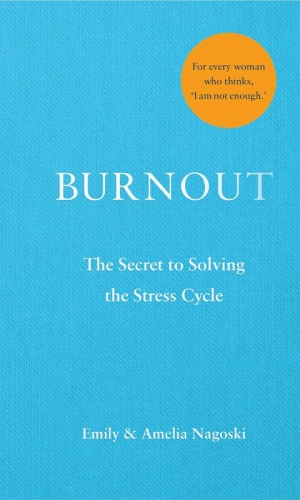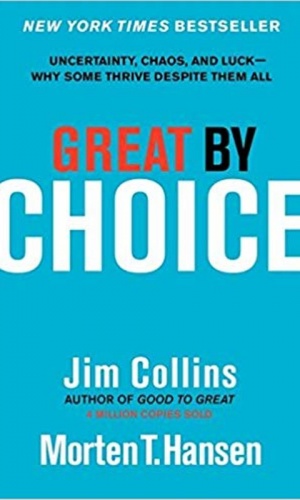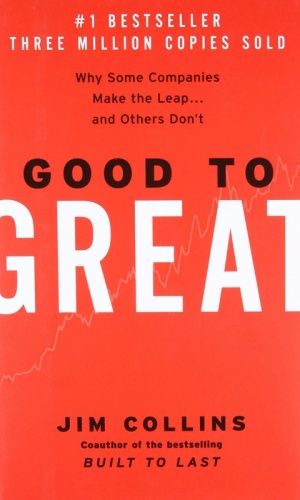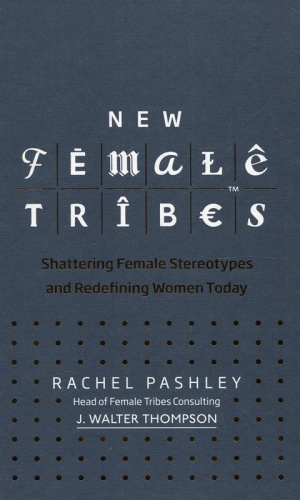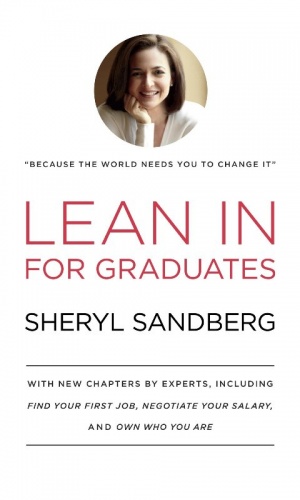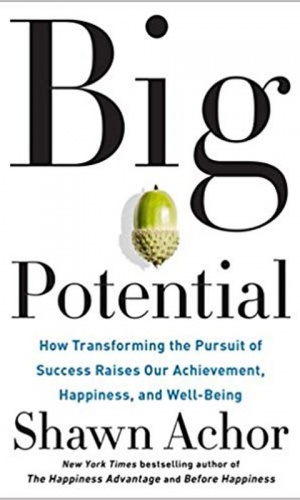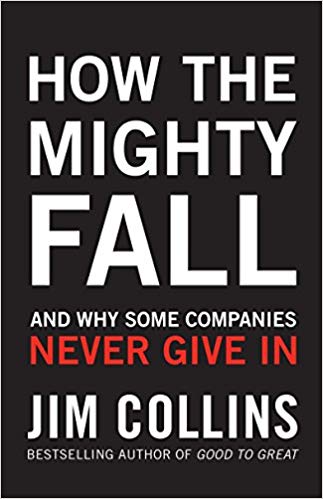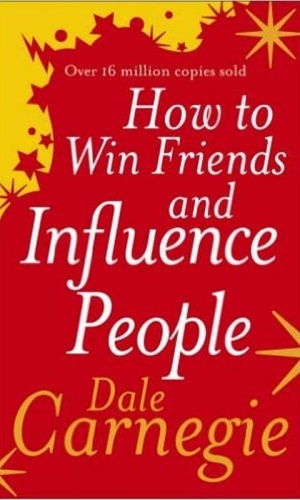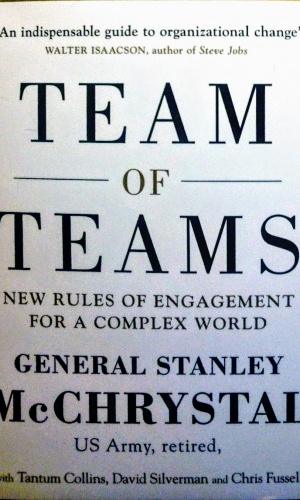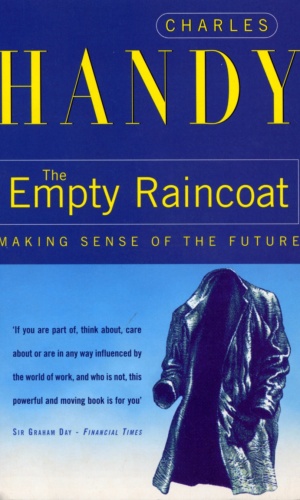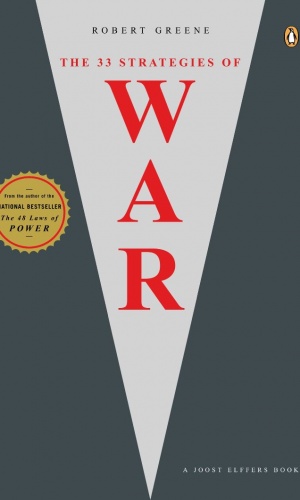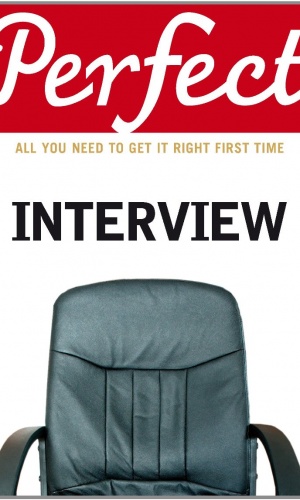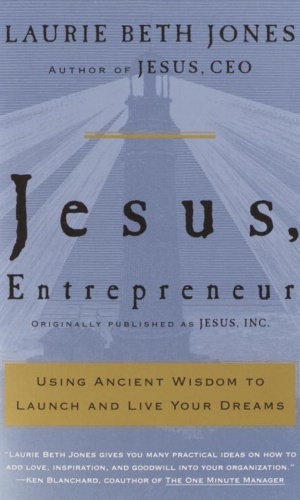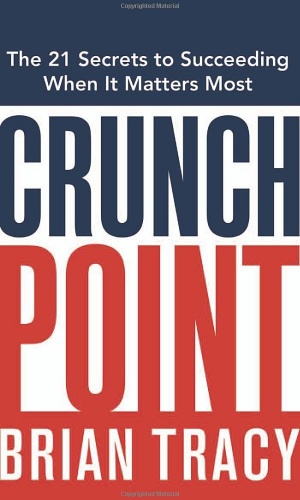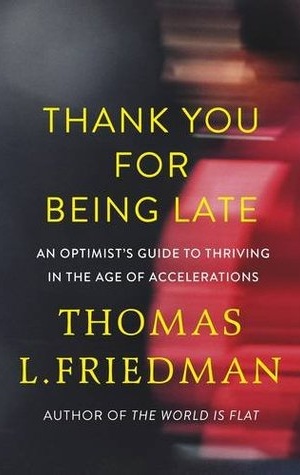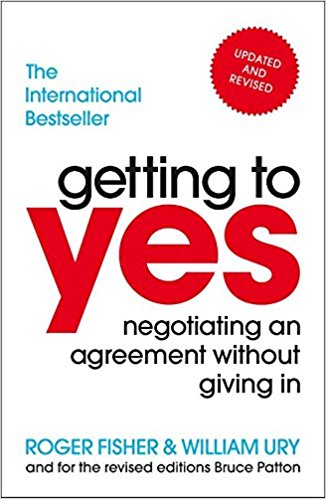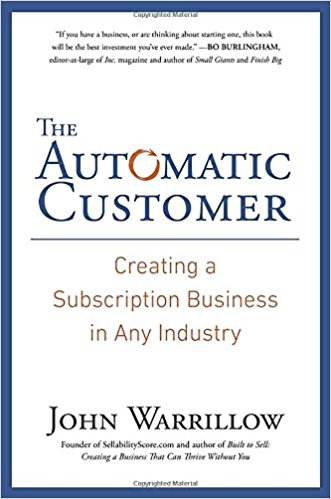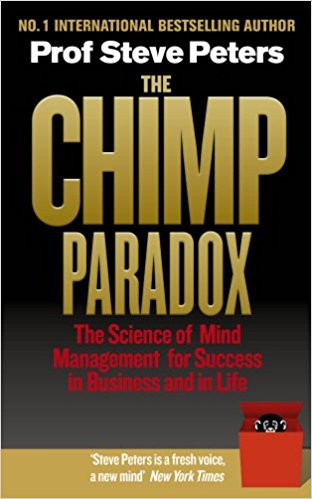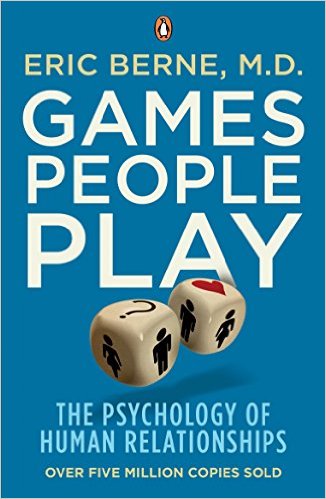-
Whats The future and why Its Up To Us
WTF? can be an expression of amazement or an expression of dismay. In today’s economy, we have far too much dismay along with our amazement, and technology bears some of the blame. In this combination of memoir, business strategy guide, and call to action, Tim O’Reilly, Silicon Valley’s leading intellectual and the founder of O’Reilly Media, explores the upside and the potential downsides of today’s WTF? technologies.
₦4,900 -
How to be Successful Without Hurting Men’s Feelings
Ambitious women are scary. In this fast-paced business world, female leaders need to make sure they’re not perceived as pushy, aggressive, or competent. In How to Be Successful Without Hurting Men’s Feelings, Sarah Cooper, author of the bestselling 100 Tricks to Appear Smart in Meetings, illustrates how women can achieve their dreams, succeed in their careers, and become leaders, without harming the fragile male ego.
Chapters include, among others, “9 Non-threatening Leadership Strategies for Women,” “Gaslighting for Beginners,” and “How to Be Harassed Without Hurting His Career”. It even includes several pages to doodle on while men finish what they’re saying. Each chapter also features an exercise with a set of “inaction items” designed to challenge women to be less challenging.
₦4,900 -
Burn Out
Burnout. Many women in America have experienced it. What’s expected of women and what it’s really like to be a woman in today’s world are two very different things—and women exhaust themselves trying to close the gap between them. How can you “love your body” when every magazine cover has ten diet tips for becoming “your best self”?
₦5,800 -
Great by Choice
Ten years after the worldwide bestseller Good to Great, Jim Collins returns with another groundbreaking work, this time to ask: why do some companies thrive in uncertainty, even chaos, and others do not?
₦6,500 -
Good to Great
Using tough benchmarks, Collins and his research team identified a set of elite companies that made the leap to great results and sustained those results for at least fifteen years.
₦6,500 -
New Female Tribes
In her role as Head Strategist at the world famous advertising agency J. Walter Thompson, author Rachel Pashley decided to find out. In a global survey orchestrated over five years, over 8,000 women responded, aged seventeen to seventy across 19 countries. The results make fascinating reading.
₦7,950 -
Lean In for Graduates
Now, this enhanced edition provides the entire text of the original book updated with more recent statistics and features a passionate letter from Sandberg encouraging graduates to find and commit to work they love.
₦8,200 -
Big Potential
Small Potential is the limited success we can attain alone. BIG Potential is what we can achieve together. Here, Achor offers five strategies – the SEEDS of Big Potential–for lifting the ceiling on what we can achieve while returning happiness and meaning to our lives.
₦6,350 -
How the Mighty Fall
In How the Mighty Fall, Collins confronts these questions, offering leaders the well-founded hope that they can learn how to stave off decline and, if they find themselves falling, reverse their course. Collins’ research project—more than four years in duration—uncovered five step-wise stages of decline:
Stage 1: Hubris Born of Success
Stage 2: Undisciplined Pursuit of More
Stage 3: Denial of Risk and Peril
Stage 4: Grasping for Salvation
Stage 5: Capitulation to Irrelevance or Death
By understanding these stages of decline, leaders can substantially reduce their chances of falling all the way to the bottom. Great companies can stumble, badly, and recover.₦8,200 -
How to Win and Influence People
Dale Carnegie’s rock-solid, time-tested advice has carried countless people up the ladder of success in their business and personal lives. One of the most groundbreaking and timeless bestsellers of all time, How to Win Friends & Influence People will teach you
₦7,800 -
Team Of Teams
What if you could combine the agility, adaptability, and cohesion of a small team with the power and resources of a giant organization?
₦7,900 -
The Empty Raincoat
In this extraordinary, life-affirming book, Charles Handy reaches for a philosophy beyond the impersonal mechanics of business organizations, and beyond material choices
₦2,700 -
The 33 Strategies Of War – Hard Cover
Robert Greene?s groundbreaking guides, The 48 Laws of Power, The Art of Seduction, and Mastery, espouse profound, timeless lessons from the events of history to help readers vanquish an enemy, ensnare an unsuspecting victim, or become the greatest in your field. In The 33 Strategies of War, Greene has crafted an important addition to this ruthless and unique series.
₦37,200 -
Free
“Chris Anderson’s Free unpacks a paradox of the online marketplace–people making money charging nothing. What was once just a marketing gimmick has morphed into the basis of a trillion-dollar economy.”
₦2,550 -
Perfect Interview
An essential guide for any job hunter, this compendium explains the interview process, provides tips on how to emphasize your personal attributes, and enables the reader to practice with home-based scenarios. Also included are handy checklists covering all aspects of preparation.
₦3,750 -
Jesus Entrepreneur
He didn?t work for money. He was willing to walk away. He invested his emotions wisely. He did sweat the small stuff.
Beyond work, beyond entrepreneurism, there is ?spiritreneurism??work that allows you to do well by doing right. In Jesus, Entrepreneur, Laurie Beth Jones, bestselling author of Jesus, CEO, shows you how to find soul satisfaction in your work
₦2,200 -
Crunch Point
“In business and in life, things seldom go exactly as planned. You’ve probably figured out how to navigate around the little bumps, but what about full-blown crises, the kind with the potential to derail a company or send your personal life spinning out of control?
₦3,120 -
Nasty galaxy
Highly graphic and visual, filled with illustrations, photos and short essays, Nasty Galaxy is part scrapbook, part inspo-journey, with moments of frivolity scattered throughout.
₦7,500 -
Thank you for being late
In his most ambitious work to date, Thomas L. Friedman shows that we have entered an age of dizzying acceleration–and explains how to live in it. Due to an exponential increase in computing power, climbers atop Mount Everest enjoy excellent cell-phone service and self-driving cars are taking to the roads.
₦7,400 -
Getting to yes
Getting to Yes has been in print for over thirty years, and in that time has helped millions of people secure win-win agreements both at work and in their private lives.
₦4,900 -
The automatic customer
These days virtually anything you need can be purchased through a subscription, with more convenience than ever before. Far beyond Spotify, Netflix, and New York Times subscriptions, you can sign up for weekly or monthly supplies of everything from groceries (AmazonFresh) to cosmetics (Birchbox) to razor blades (Dollar Shave Club).
₦4,350 -
-
Games people play
The bestselling Games People Play is the book that has helped millions of people understand the dynamics of relationships, by psychiatrist Eric Berne.
We all play games. In every encounter with other people we are doing so. The nature of these games depends both on the situation and on who we meet.
₦4,050 -
Quiet power
Susan Cain sparked a worldwide conversation with Quiet: The Power of Introverts in a World that Can’t Stop Talking. She inspired millions of people, and permanently changed the way we see introverts – and the way introverts see themselves. Now she takes the Quiet Revolution to a younger audience.
₦3,800




